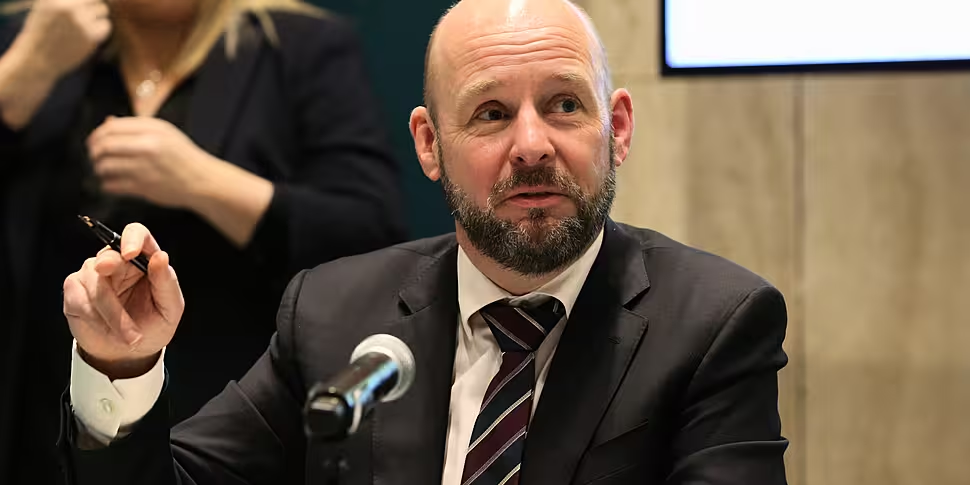Ireland cannot pursue a “zero COVID” strategy, senior members of NPHET have suggested.
The strategy advocates driving down virus cases to zero, thereby allowing the country to return to relative normality.
It has been adopted by countries such as New Zealand, which has almost entirely suppressed COVID-19 in the community.
NPHET's Professor Philip Nolan, however, said it's an "utterly false promise" to suggest Ireland can reach level zero or one on the 'living with COVID' framework within weeks or months.
He said that there's no way to put a perfect system in place here that would exclude any transmission of the virus or new variants.
He argued that a much more realistic strategy is to drive the rate of transmission down, and work to keep it there.
Professor Nolan added: "There are plenty of people that I respect that are advocating for this strategy, but I simply disagree with them."
Chief Medical Officer Dr Tony Holohan also said such an approach would be very difficult in Ireland.
He said: "We're a small economy, dependent on those links we have built very carefully as a country with the rest of Europe... for a variety of economic, social and cultural reasons.
"We're dependent on them for basic food stuffs, for basic medications and other essential things as part of daily living.
"We simply couldn't realistically seal the borders of this country, and stop the movement of people in and out."
Dr Holohan said other countries who've been able to achieve zero COVID are 'very far away' from the epicenter of the virus, unlike Ireland.
However, he stressed that NPHET shares the 'aspiration' to drive cases down close to zero and keep them there.
Separately, the European Medicines Agency is set to decide today whether to approve the use of the AstraZeneca COVID-19 vaccine in Ireland.
If approved, the vaccine is expected to play a major role in the wider community rollout of the vaccine programme, with efforts to begin next month to start vaccinating everyone over the age of 70.
The HSE, however, says there's still no certainty on the supply of the AstraZeneca coronavirus vaccine from March.
The company's in an ongoing row with the EU over a major shortfall in the planned delivery of doses.









